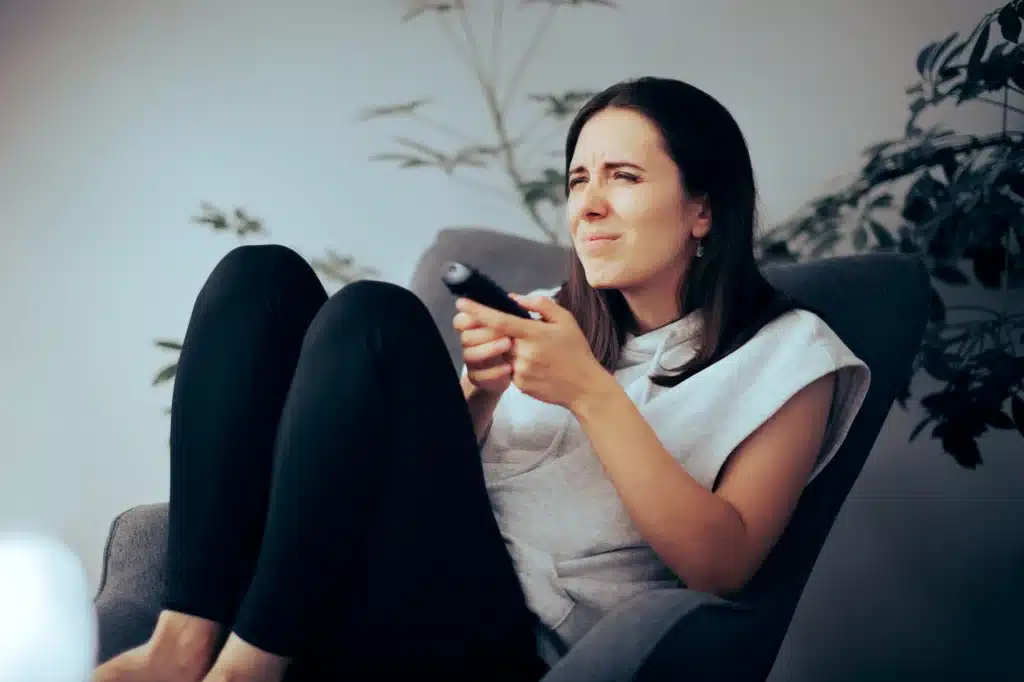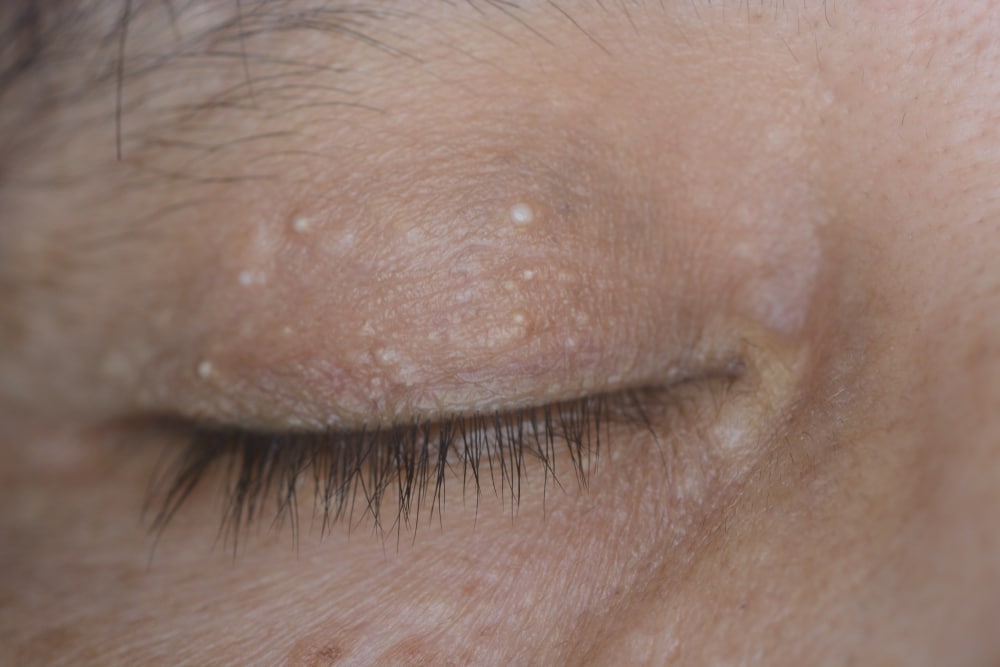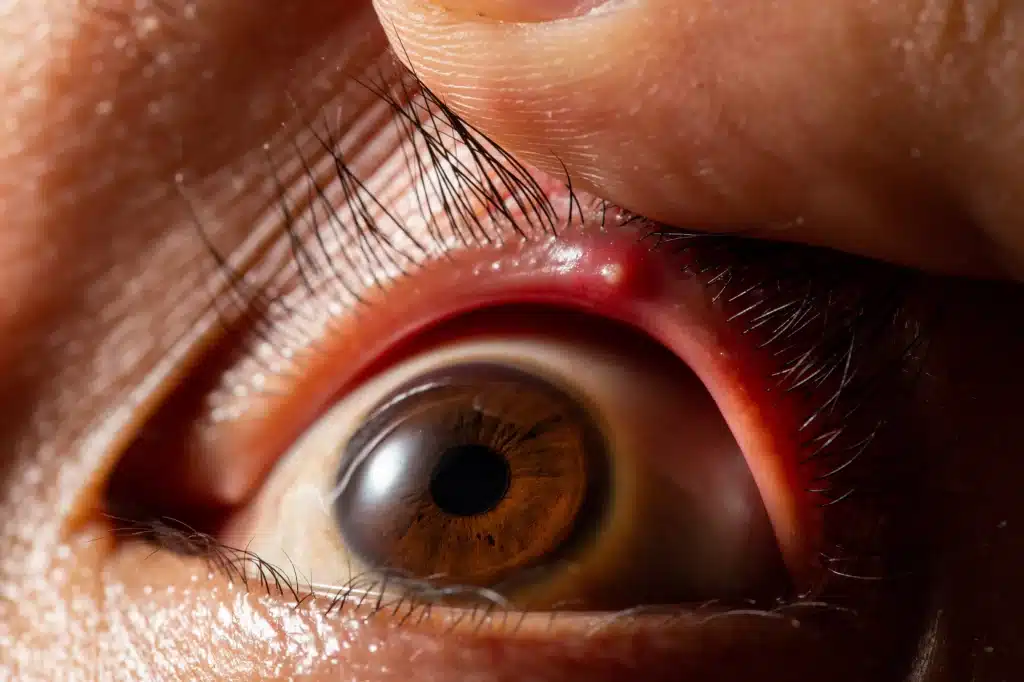Medically Reviewed by: Edward C. Wade, M.D., F.A.C.S.
What Are the Signs of Pink Eye?
What are the signs of pink eye? Can these signs be similar to other signs of eye issues? Exactly how long does it take for pink eye to show up so that you can be sure of what you’re dealing with?
If your child has recently come home from school complaining that their eye is bothering them, chances are that you may be Googling questions like these at a frantic pace.
Find the answers to questions like “What are the signs of pink eye?” and more, in Eye Center of Texas’s overview of all things pink eye.
What is pink eye?
Pink eye, also known as conjunctivitis, is the inflammation of the clear tissue that covers the white part of your eye (aka the conjunctiva). Inflammation may be caused by viruses, bacteria, fungi, allergies, irritants, your eyes’ negative reaction to eye drops, or even prolonged contact wear. Sexually transmitted diseases can cause rare and dangerous versions of conjunctivitis.
Note: when most patients and doctors refer to pink eye, they’re likely talking about viral pink eye, which is by far the most common type of pink eye.
OK, what are the signs of pink eye?
Your pink eye symptoms will vary according to the cause behind the inflammation. However, we can create a general list of pink eye symptoms to answer the question, “What are the signs of pink eye?”
Typical pink eye symptoms include:
- Swollen, irritated conjunctiva
- Itchy, burning eyes
- Blurred vision and sensitivity to light
- Green, yellow, or white discharge (removable with a warm washcloth).
- Frequent tears
If you or your child has a viral pink eye infection, they might also experience swollen lymph nodes. (This is true particularly for the nodes found beneath your jaw or near the front of your ear).
How do you know if you have pink eye or “just allergies?”
Technically, if the conjunctiva of your eye is inflamed because of allergies, that is still considered pink eye.
That said, it can be difficult to tell the difference between pink eye caused by allergies vs. pink eye caused by a virus. For that reason, if you want to know whether your pink eye is caused by allergies, a viral/bacterial infection, or other irritants, it’s best to visit your optometrist.
If your doctor tells you that your child’s or your conjunctivitis is caused by irritants, you may find the following resources to be helpful:
- Most Common Vision Problems
- Itchy, Dry Eyes in Winter
- Does Looking At Your Phone Hurt Your Eyes?
- How to Protect Your Eyes in Summer?
- Are Computer Glasses Helpful?
Is pink eye contagious? How do you treat pink eye?
Once people have the answer to the question, “What are the signs of pink eye?” their follow-up questions tend to be something along the lines of, “How long is pink eye contagious?” or “Can you go to school with pink eye?”
The answers to these questions depend on what kind of pink eye you have.
Bacterial conjunctivitis: Bacterial conjunctivitis, the type of conjunctivitis that is typically brought on by the same bacteria that causes strep throat, is contagious once symptoms appear. Bacterial conjunctivitis is treatable with antibiotics. After the first 24 hours of antibiotics, bacterial conjunctivitis ceases to be contagious, and patients may return to normal activities.
Viral conjunctivitis: Unfortunately, the most common type of pink eye is also highly contagious It cannot be treated by antibiotics and must wait for it to run its course before you are no longer contagious. Viral pink eye is also often accompanied by a cold or other sinus issues.
Conjunctivitis caused by allergies/other irritants: These types of pink eye are not contagious and can be treated using allergy medication and limiting your exposure to the offending irritants.
How long does pink eye last? If possible, how do you get rid of pink eye overnight?
Again, your pink eye’s incubation time will depend on the type of conjunctivitis you have.
It is not possible to get rid of pink eye caused by a virus or bacteria overnight. With the help of antibiotics, patients will likely experience relief from pink eye caused by bacteria in a few days. Pink eye caused by a virus must run its course — typically 10–14 days — before symptoms clear.
Patients with allergic conjunctivitis can experience relief from symptoms within 24 hours by avoiding allergens and irritants and/or using doctor-prescribed medication.
What kind of eye doctor should I see for pink eye?
If you or your child has pink eye, it’s best to visit an optometrist as soon as possible. Doing so means you will get an accurate diagnosis of what’s causing your conjunctivitis. Please visit our optometrist webpage to find a suitable optometrist near you (and check out our page on the difference between optometrists and ophthalmologists if you need clarification).
If you’ve been told your vision problems are not due to pink eye, but another eye disease, Eye Center of Texas is here to help. Request an appointment online or call Eye Center of Texas today at 713-797-1010.
Other Helpful Articles by Eye Center of Texas:
- One Student’s Account of LASIK
- Cataract Surgery in Both Eyes at Once?
- How Many Times Can You Have LASIK?
- Caring for Someone Who Has Had LASIK
- Why Use Preservative-Free Eye Drops After LASIK
Related Articles
Financing Options Available
Apply today to find a financing option that meets your needs.
Our Locations
Houston/Bellaire
6565 W. Loop S., Suite 650Bellaire, TX 77401
Medical Office:
713-797-1010
Medical Fax:
713-357-7276
LASIK/Near Vision:
Office: 713-395-1515
Fax: 713-357-7278
Pasadena
4415 Crenshaw RoadPasadena, TX 77504
Medical Office:
281-977-8800
Medical Fax:
281-977-8877
Sugar Land
15200 S.W. Freeway, Suite 130Sugar Land, TX 77478
Medical Office:
281-277-1010
Medical Fax:
281-277-4504
Clear Lake
455 E. Medical Center Blvd., Suite 110Webster, TX 77598
Medical Office:
281-332-1397
Medical Fax:
281-282-9152
Katy
Greenhouse Medical Plaza2051 Greenhouse Road, Suite 110
Houston, TX 77084
Medical Office:
713-797-1010
Medical Fax:
281-214-2971
The Woodlands/Conroe
100 Medical Center Blvd., Suite 118Conroe, TX 77304
Medical Office:
713-797-1010
Medical Fax:
936-647-1620


